‘Our Development Programme Is a Meaningful Vision of the Future’
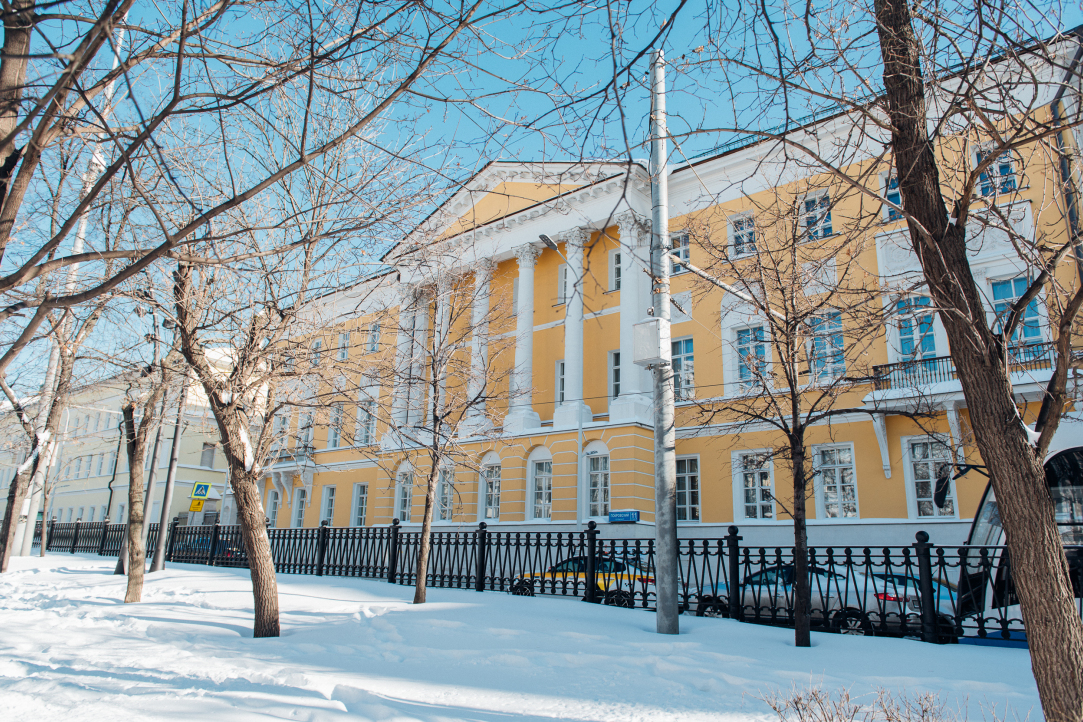
The HSE University bulletin (Okna Rosta) spoke to Rector Anisimov about the details and significance of the newly approved Development Programme, changes to academic life due to the pandemic, the role of digitalisation, and the university’s ‘soft expansion’.

— Mr Anisimov, which events from the last year would you say have been significant for HSE University, the Russian academic world, and the international university community?
— I can’t think of anything more significant and promising for HSE University than the approval of our Development Programme. To an outside observer—or even to a university employee—that answer may seem like a bureaucratic formality, but that is not the case.
The Development Programme is a very important and systemic stage in our evolution. The university has been developing its roadmap up to 2030 since 2013, and in my opinion, the fact that it has finally been approved is a major event. This is not just because the programme was eight years in the making and set the standard for other universities—adopting the programme at the university’s conference required changing legislation to stipulate that it is not the university that approves the document, but its founder. The document is significant for its lack of references to earmarked financing. It covers university-wide development (faculties, institutes, laboratories, courses, flagship research areas, human resources, infrastructure, national and international partnerships), and is not simply a set of specific responsibilities for specific sums of money.

We are used to policy documents that correlate sums of investment with the fulfilment of a defined set of measurable commitments. The HSE University Development Programme approved on November 25, 2021 is dedicated to the university as a whole, as well as to each of its constituent parts, for the next ten years. It allows us to overcome space and time restrictions and open up a meaningful vision of the future.
Even Project 5-100, which provided HSE University with a major impetus to develop and lots of other benefits, was nevertheless linked to measurable commitments for money. The Development Programme does not have such obligations. It is a joint decision by the university’s community and founder about how we are going to develop and at what pace. I consider this to be an historic fact.

Moving on to the Year of Science of Technology in 2021, I would like to highlight the position of higher education in Russia. This country is famed for its talented scientists, who have gifted humanity with great discoveries and new knowledge. Today, science is a key national priority in Russia. The Year of Science and Technology is a major event for the country. It comprised around seven thousand events for young and distinguished scientists, teachers, students, administrators and international partners.
When I served as rector of the Far Eastern Federal University, I was a member of the organising committee of the Year of Science and Technology. I can see what we started with and where we are now.
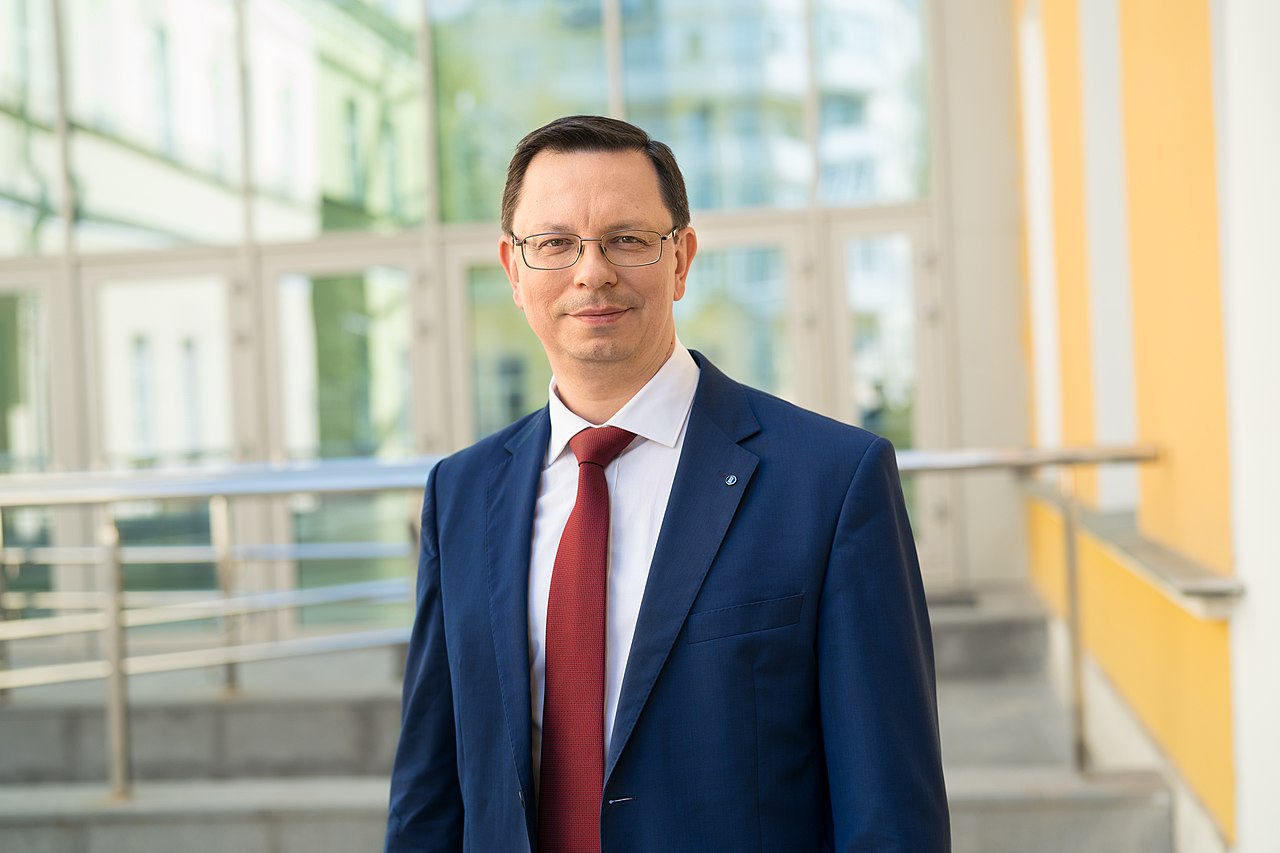
I think the main goal has been achieved. First of all, science and technology have become linked in the public space. There is a greater understanding that science cannot exist outside the full innovation cycle or without achieving concrete results.
The year of events was an additional way to popularise science and technology as a unified system of values for a new generation of talented young people—of whom there are many in Russia. The final event in Sochi (a meeting between the president and young scientists), fit into this theme well. Individual symbolic and practical events (such as the opening of carbon test sites and the launch of a neutrino telescope) were all part of a single chain whose links came together into a coherent whole over the course of the year.
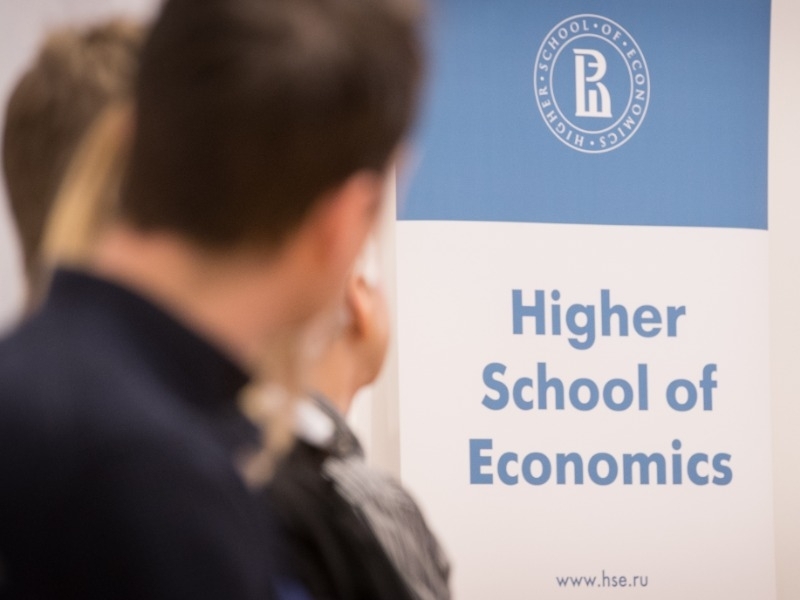
Another aspect of the year concerns the academic community. 2021 required us to formalise changes to the rules of academic life. Scientists are generally patient people. Many of them spent a long time hoping for a return to offline work and the status quo. Today, we understand that the framework of scientific work is changing nonetheless, as are the ways members of scientific groups interact with each other. Scientists—and people in general—often find it hard to adopt new rules. But transformation in our lives is not only inevitable—it has already happened. It is our reality now.
The lack of vaccine recognition between countries complicates the situation, as do changes to migration rules. All of this is affects academic culture: people are learning to work in groups remotely, new communication technologies are emerging, and corresponding legislation (including labour legislation) is being updated. How will this be reflected in research results? I don’t know. We’ll have to see in 10–20 years.

— What key changes should occur at the university while the new Development Programme is being implemented? How will these changes affect scientists, teachers and students? Are there any markers we can measure to see if everything is going to plan?
— The marker is a simple one: if nothing in the policy document changes at all for the whole period, then something has gone wrong. This is because it’s impossible to predict events in detail ten years in advance. The university is a living, contradictory and changeable entity. The Development Programme sets a trajectory that we can and must make adjustments to. If we move forward while ignoring the nature of change—change in the world, the state, society and the university itself—at some point, we could discover that we’ve taken a wrong turn along the way. This is very important to understand and assess sensibly. That’s why in this case, the art of management boils down to a willingness to combine life guided by a strategic document with the understanding that it is theoretical and imperfect. It’s just like in life. The world is imperfect, but we live in it and make certain plans that, in practice, need correcting.

On the other hand, our dynamically changing world requires HSE University to constantly move towards the generation of new knowledge and new added value chains, and to invest more in people. This is perhaps the first thing I can say about the ‘changeability’ of the Development Programme and its interaction with society.
Another thing is that the programme’s creation was influenced by the digital transformation process, which is now a tangible reality thanks to the achievements of the IT industry. This is a disordered space for the university as a whole, with no unity between different elements of life within one digital infrastructure or another. There are a lot of different electronic systems that staff must learn to use and incorporate into traditional teaching, research and administrative practices. Digital transformation is a serious and major challenge for the whole Development Programme, considering how ambitious its goals are.
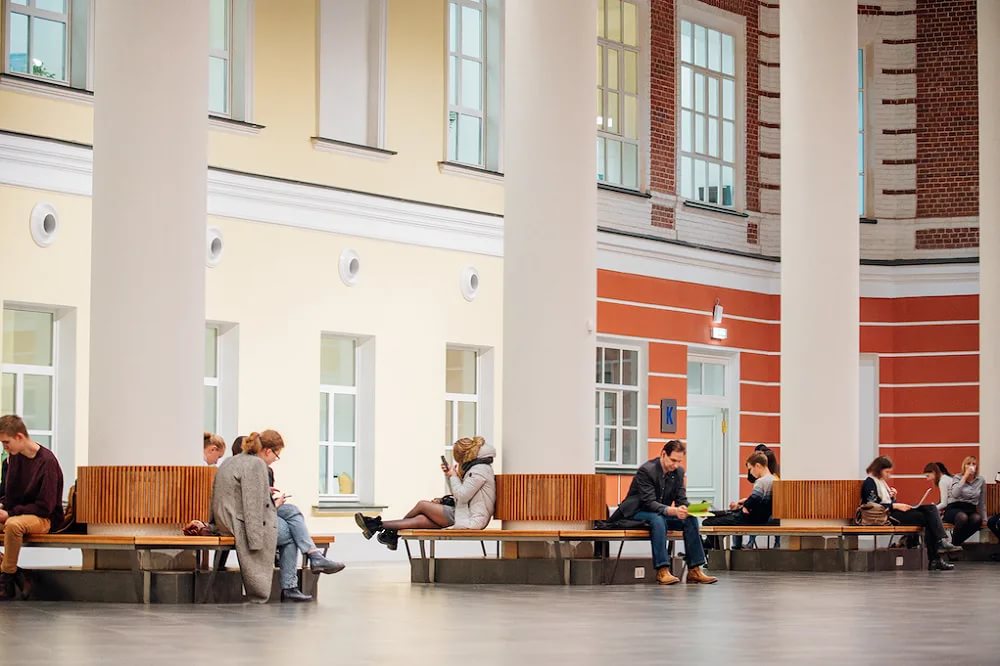
It is important that the digitalisation process does not leave us with a ‘patchwork quilt’. Changes must be aimed at creating the most comfortable living and working conditions for staff, teachers, and students. In the end, the university will have a unified digital environment that serves our people—not the other way around. That is another marker of success. A lot of our expectations are bound up in the formation of a ‘smart space’ that serves both the university’s internal interests and external projects.
Regarding HSE University’s educational activities over the last twelve months, we were the first to transition to a fully online campus. More than 700 people enrolled in eleven fully fee-paying online higher education programmes. People voted with their wallets for the remote learning format. In our vision (as confirmed by the Development Programme), this audience will grow to millions in size in the foreseeable future. The growth of offline universities is gradually stalling. In the future, the growth of the university audience will be due to digital technologies.
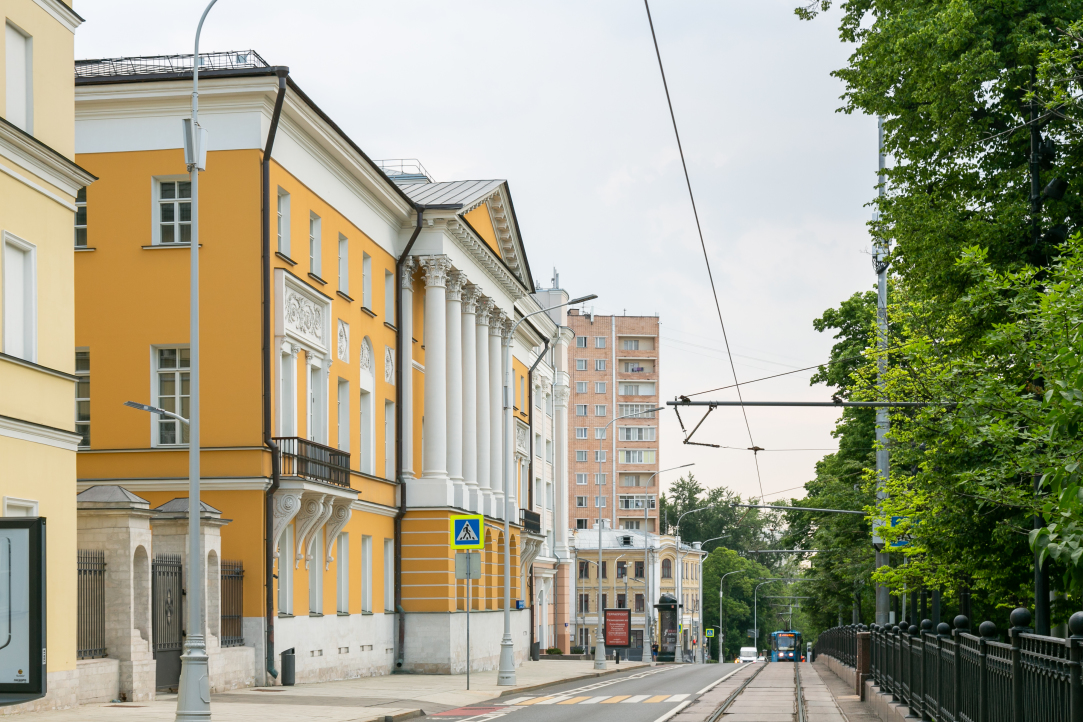
— In your opinion, to what extent does digitalisation in teaching conflict with traditional forms of learning (in-person lectures, seminars, etc). Will live forms of interaction survive?
— The university will have what it needs. A university has one very significant and deep-seated mission: to shape personality. And in addition to providing a service to the millions of people who pass through it, it always has what I call the ‘university core’. This core encompasses the university community, which is united by certain academic values, ethical norms and an awareness of its sense of togetherness. Expanding the university (for example, through digitalisation) does not harm the university core, but actually strengthens it. The core is what works to achieve the university mission to make education an important shared value.

— In what areas (if any) will the university’s ‘soft expansion’ continue? What kind of institutional framework is best suited to incorporate new research fields into the university (faculties, research centres, international laboratories)? Will new faculties appear?
— The culture at HSE University is quite unusual in Russian academic life: the activities of our research laboratories and faculties are connected through people. Someone can work in an institute or laboratory while also working as an assistant professor or professor in a faculty in a related field. But the laboratory does not need to be part of that faculty. This is a very good practice that allows us to develop science more dynamically and get students involved in it.
Thanks to the support of the government and the Ministry of Finance, next year, research expenditure will make up 25% of the HSE budget. This is an extraordinary proportion compared to most other universities in Russia—we will be much further ahead in this indicator. Of course, that doesn’t compare to leading research universities around the world, where research makes up 50–60% of the overall budget, but it is nevertheless a very important trend: HSE University is a national research university. In my opinion, HSE’s successes in international subject rankings are a product of targeted investment in research activities. The success of this approach shows that we should continue moving in this direction.
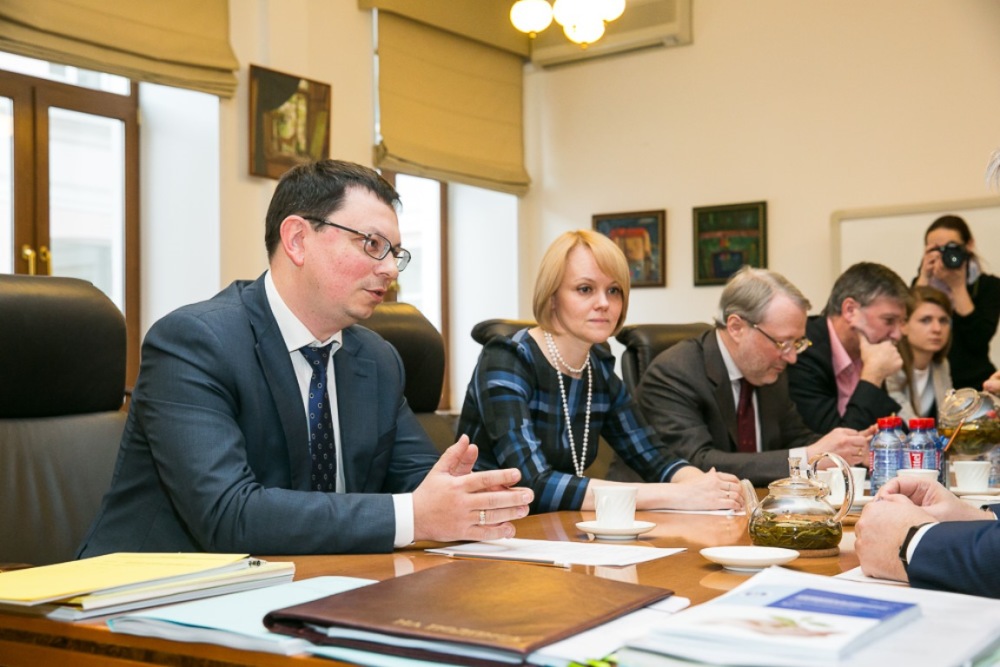
One of our priorities is the salaries of staff, researchers, and teachers. I expect that we will reach our target figure of 300% above regional average salaries by the end of the Development Programme. This is a measurable indicator of overall development, because people want to live well, and they have families and children. It stands to reason that factors such as the quality of a person’s life, their salary, and whether their work is interesting all influence their engagement and the quality of their work. The way we see it, these are the prerequisites that the university can and must meet for its employees.
Establishing new fields and supporting the most effective existing research groups are also forms of investment in human capital that will allow us to be successful in the future.
We are creating a model of interaction for all parts of the university that encompasses teachers, administrative staff, students, and researchers. We have a large but tight-knit team of professionals working on strategic projects as part of the Priority 2030 programme. We are working to gather the university’s various research, expert and educational activities around bigger projects from outside clients, with a unified strategic goal and unique results. Virtual projects of this nature are one of the next steps in the university’s development. Research and management groups unite around big, socially significant projects.

— Will there be any new faculties in the foreseeable future?
— That is a decision for the Academic Council. There is no question that new research and educational fields will appear, but we don’t outline an institutional framework for them in advance. For us, it’s important to stabilise the large university core. That means that we must learn not only to create, but to stop. We need a system for assessing effectiveness and technology to move on from areas that are no longer effective—even those that are time tested and used to thrive. This process is always much more complicated than creating something new.
We recently created the Faculty of Creative Industries out of the old Faculty of Communications, Media, and Design. We plan to develop other fields and faculties. For example, we are discussing the possibility of opening an architecture department. This is a difficult approach, as it is a creative field that stands out in the external market. On the other hand, it is closely linked to urbanism, and we have the first centre of urbanism in the country. We have declared urbanism to be a strategic project. As such, the creation of a new department should not be an isolated decision, but part of the complex strategic construction of the university.

— HSE University started out with technical cooperation programmes with the London School of Economics, the Sorbonne, and Erasmus University Rotterdam. The new Development Programme has provisions for the university’s involvement in the development of regional education systems. Ambitious results are expected, both in terms of quantity and content. Has it been established which forms of involvement in the educational programmes of regional universities are top priority?
— HSE University has a lot of tools that facilitate fruitful collaboration with our Russian partners. These include mirror laboratories and the system for attracting post-docs. The university regularly invests a significant amount of funds (including those from extrabudgetary sources) into such programmes.
We are not just talking about bringing top researchers from regional universities to HSE for internships or to prepare doctoral dissertations. We go to other regions, work with other universities’ development programmes, and implement double degree programmes. The HSE Institute of Education works professionally with secondary education systems across the country. Without day-to-day work in secondary education, without doing what’s needed to make sure school children in other Russian regions continue improving in all general subjects in the curriculum, the possibilities to develop the university education system will be seriously restricted.
See also:
HSE Launches English-Language Strategic Development Website
The new website makes information on the university’s strategic development initiatives and opportunities available to international colleagues and partners. The Strategic Development Programme Office has launched anEnglish-language website to promote the implementation of HSE University’s integrated development programme. The website is an ‘entry point’ for international partners and students, informing them about the university’s strategic priorities, goals, and plans.
HSE University Leads in Four Subject Rankings of ‘Three University Missions’ Rankings
In 2023, HSE University took first place in the ‘Three University Missions’ subject rankings in economics, sociology, management and psychology. The university also entered the top three in terms of the number of subjects covered by the rankings.
'We’re Moving On to the Next Stage of Digital Transformation'
Dmitry Bondar has served as Senior Director for Digital Transformation at HSE University since January 2021. Since then, the university has introduced and developed numerous new, state-of-the-art information systems. Dmitry Bondar is responsible for ensuring high rates of digital transformation and the good performance of HSE's IT Office. In his interview, he speaks about the integration of new information systems, project management at the IT Office, import substitution in IT, engaging with students, and plans for the current year.
‘The Project Competition Will Kickstart New Research Collaborations’
HSE University has announced the launch of a project competition in basic science research for intercampus departments of the university. The competition is aimed at supporting research as part of the HSE University Development Programme for the Period until 2030.
Russian Government Approves Programme of HSE Development until 2030
The Programme of HSE Development until 2030 has been approved by Prime Minister Mikhail Mishustin’s order. The document outlines the goals, tasks and responsibilities of the government and HSE University for its strategic development. According to the programme, the university’s strategic goal is its continuing development as a leading research, educational, analytical, consulting, and project university, which can compete head-to-head with the world’s best universities.
HSE Supervisory Council Approves the Implementation of the HSE Development Programme up to 2020
The HSE University Supervisory Council chaired by Sergey Kiriyenko, First Deputy Chief of Staff of the Presidential Administration of the Russian Federation, gathered for its first on-site meeting after the start of the pandemic.
‘Feeling Like a Full-Fledged Part of the University Community’
HSE University is focused on achieving leadership not only at the national level, but also internationally, so internationalisation has been and remains a priority area of the University's development strategy. In an interview with the HSE bulletin Okna Rosta, Yulia Grinkevich, Director for Internationalisation, talked about various approaches to internationalising the campus environment, the progress HSE has made in this regard to date, and the tasks that remain in the 2030 HSE University Development Programme.
HSE University to Establish Graduate School of Business
HSE Graduate School of Business will open on September 1 of this year. The Academic Council decided on the School’s creation within the framework of HSE University’s 2030 Development Programme, which aims at enhancing the University’s global competitiveness.
HSE Academic Council Approves University Development Programme for 2030
On January 24, the HSE Academic Council approved the new University Development Programme for 2030, which the Council had been drafting for the past year. Members of the Academic Council also discussed the status of the university’s digital transformation.
'We Want HSE University to Develop Centres of Excellence'
The HSE Look is glad to present the second part of the interview with Rector Yaroslav Kuzminov, originally taken by our flagship bulletin Okna Rosta. This part focuses on new educational tools as well as old traditions, on cooperation with regional universities and the transformations to be achieved in the upcoming decade.


